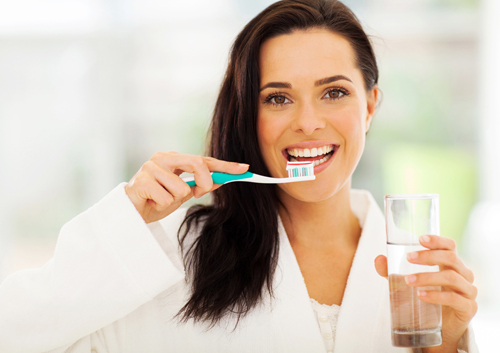Tips for a Whiter Smile
December 3rd, 2019

Everyday life can take a toll on the whiteness of our teeth: Foods we love as well as soft drinks and coffee can stain them over time. Poor brushing and flossing can also leave behind tooth stains. Even injuries to teeth or gums can cause some yellowing, and in certain cases, medicines can contribute to discoloration.
So don’t get discouraged if you notice your smile has dimmed. You can definitely take action to restore the natural beauty of your teeth. Here are some of the best ways to whiten them:
- Drink through a straw or cut back on coffee and soft drinks to reduce risk of stains.
- Brush and floss every day.
- Try a whitening toothpaste or mouthwash.
- Visit our Dartmouth, MA office every six months for regular cleanings.
We also offer in-office professional whitening at our Dartmouth, MA office. These whitening products are much more effective than whiteners you can buy at the store and are completely safe. Since they’re stronger, application by a member of our team is essential to achieve the best results.
Still, some teeth can resist bleaching. If that’s the case, we can try several other techniques, such as deep bleaching that applies whitening agents over several visits, veneers and bonds that cover existing stains with a whiter, brighter surface, or laser whitening.
If a whitening session is something you’d like to pursue, be careful about whom you trust to perform the procedure. Avoid using “bleaching stations” in shopping malls or at fairs. These so-called whitening techniques can irritate your teeth and gums, and leave them highly sensitive to pain.
Also, operators of these whitening stands will make customers apply the bleach themselves, to avoid charges of practicing without a license. That should serve as a red flag and a caution to seek trained professionals like Dr. Ghenta, instead.





 Website Powered by Sesame 24-7™
Website Powered by Sesame 24-7™